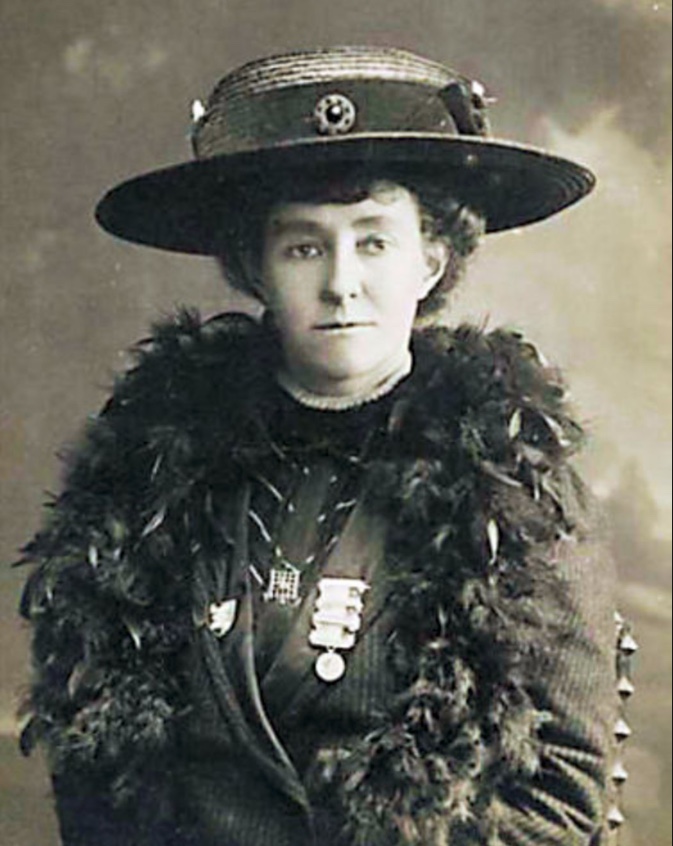She Fought and Died For Women's Suffrage, But Did She Make Her Husband's Tea?
/Daily thought sign at Colliers Wood Station a day after the 100 year anniversary of women in England gaining the right to vote,
Today my message is short, but not so sweet. Summed up in the visual that leads off this blog post.
On the day after we explored how sexist descriptions follow women to the grave, somebody at London Transport thought it would be a good idea to perpetuate the notion that women's foremost duty in life is to be sure her husband is served his cup of tea.
The London Transport referred to its signage as a "joke" after rider Evelyn Clegg, 30, tweeted a photo of this sign – with her comment about its offensive content:
“Like a lot of people, yesterday I was celebrating 100 years of the first women getting the vote, and in fact spent yesterday evening at an event celebrating the suffragettes and modern feminists. After such a positive and inspiring day, to see that sign this morning was an unpleasant shock and reminded me how far we have to go until women are taken as seriously as men. ... “I’m sure I’ll be accused of ‘not being able to take a joke’ but humour based on the death of a woman who was fighting for basic equality is completely inappropriate.”
So let's pause to take in what is closer to the totality of Emily Davison's life, as rendered by The BBC.
“In 1906, she joined the Women’s Social and Political Union (WSPU), founded by Emmeline Pankhurst. Three years later she gave up her job as a teacher and went to work full-time for the suffragette movement. She was frequently arrested for acts ranging from causing a public disturbance to burning post boxes and spent a number of short periods in jail.
In 1909, she was sentenced to a month’s hard labour in Strangeways Prison in Manchester after throwing rocks at the carriage of chancellor David Lloyd George. She attempted to starve herself, and resisted force-feeding. A prison guard, angered by Davison’s blockading herself in her cell, forced a hose into the room and nearly filled it with water. Eventually, however, the door was broken down, and she was freed. She subsequently sued the wardens of Strangeways, and was awarded 40 shillings.
By 1911, Davison was becoming increasingly militant. On 4 June 1913, she ran out in front of the king’s horse as it was taking part in the Epsom Derby. Her purpose was unclear, but she was trampled on and died on 8 June from her injuries.”
Emily Davison
In 1906, she joined the Women's Social and Political Union (WSPU), founded by Emmeline Pankhurst. Three years later she gave up her job as a teacher and went to work full-time for the suffragette movement. She was frequently arrested for acts ranging from causing a public disturbance to burning post boxes and spent a number of short periods in jail.
In 1909, she was sentenced to a month's hard labour in Strangeways Prison in Manchester after throwing rocks at the carriage of chancellor David Lloyd George. She attempted to starve herself, and resisted force-feeding. A prison guard, angered by Davison's blockading herself in her cell, forced a hose into the room and nearly filled it with water. Eventually, however, the door was broken down, and she was freed. She subsequently sued the wardens of Strangeways, and was awarded 40 shillings.
By 1911, Davison was becoming increasingly militant. On 4 June 1913, she ran out in front of the king's horse as it was taking part in the Epsom Derby. Her purpose was unclear, but she was trampled on and died on 8 June from her injuries.


